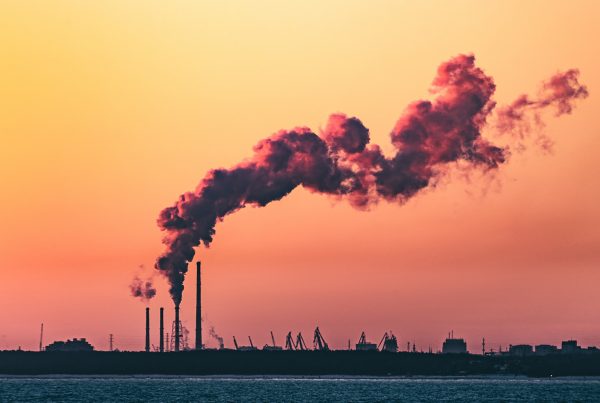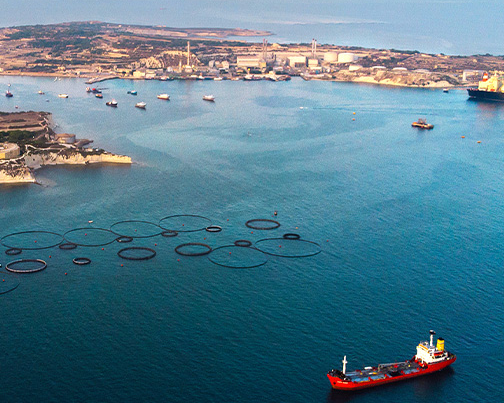In line with its EU commitments, Malta needs solutions to generate and source cleaner energy.
‘Energy’, under Maltese law, is defined as “electrical energy, fuels, heat when transmitted as a commercial activity, and energy derived from renewable sources”. On the other hand, renewable energy is defined as “energy from renewable non-fossil sources, namely wind, solar, aerothermal, geothermal, hydrothermal and ocean energy, hydropower, biomass, landfill gas, sewage treatment plant gas and biogases”.
There are many benefits of using renewable energy sources, but what exactly is renewable energy?
Renewable energy is considered as a ‘clean’ source of energy which doesn’t emit any greenhouse gases such as carbon dioxide, which contribute to global warming and climate change. A characteristic of renewable energy is that such energy comes from natural sources or processes that are capable of being replenished. Renewable energy sources include hydropower, wind, solar, biomass and geothermal power among other sources. Renewable energy contributes to making electric grids more resilient, lowering energy bills, as well as creating more jobs in this fast-growing sector.
In the past, there has been a lot of reliance on coal, oil, and other fossil fuels in order to generate energy and as a result of this, fossil fuels have become embedded in almost everything we do. Renewables on the other hand, constitute the fastest-growing source of energy in the world, which can be used to combat climate change and global warming.
The Maltese energy sector is predominantly in the hands of the public-sector, with little involvement of the private sector or third parties. In fact, one of the only ways in which renewable energy is generated by third parties, is through the national promotion of solar water heating systems and aerothermal heat pumps for domestic use through a government subsidy scheme.




